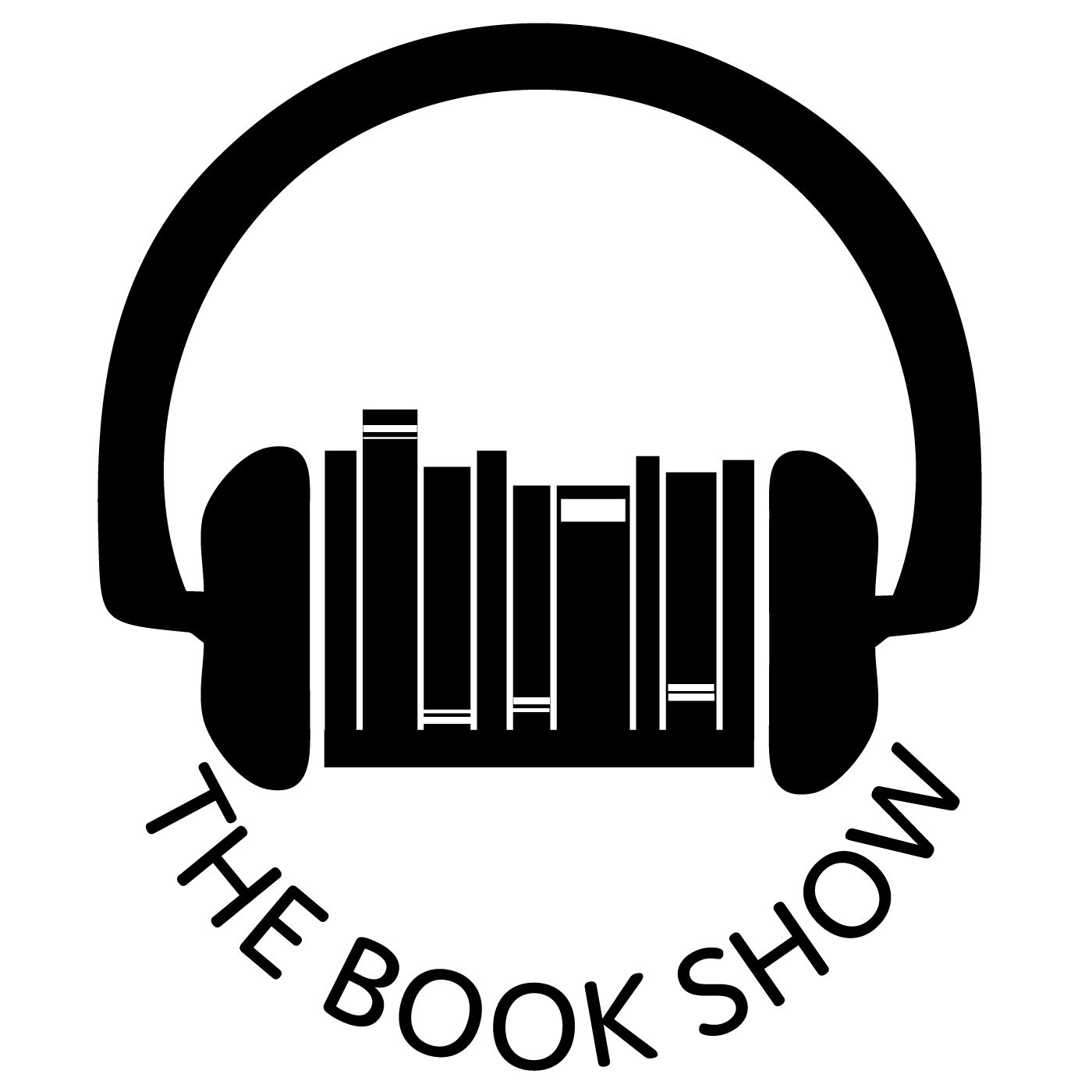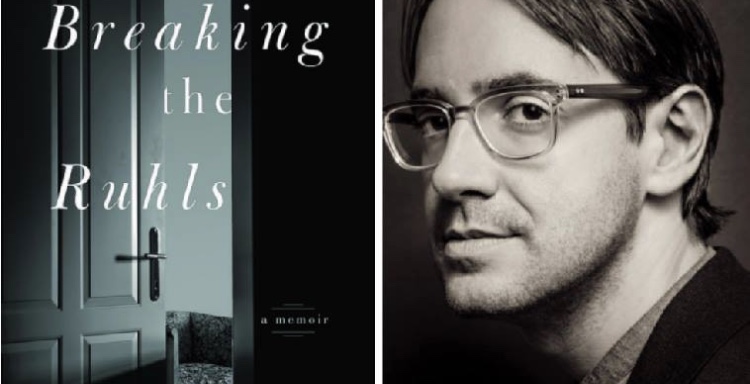DID, Grief, Holidays,Boundaries & the Journey with Author and Survivor, Larry Ruhl
Braving the Way with Dr. Fletcher
Braving the Way: Episode 5. Trigger Warning: Contents of this episode may be triggering to some listeners as it includes reference to sexual abuse and suicide. Please listen with care. Today, I'm honored to have Larry Ruhl on the podcast who is an author and survivor, and is sharing his story publicly to spread awareness and help others shed the shame and stigma associated with sexual abuse. Larry serves as a board member for Taking Back Ourselves, which facilitates weekends of recovery for female survivors of sexual abuse, and is a registered speaker with the RAINN network (Rape Abuse Incest National Network). He previously served as a board member at Male Survivor. He also spoke at colleges and retreats to increase awareness of sexual abuse against men and boys. In a very open and honest conversation, Larry and I talk about his continued healing journey from sexual abuse and trauma and everything that has entailed, including asking the incredibly difficult question over the years in regards to his abuse, "how could this have happened?" The response to that question might surprise you. We also discuss how the holidays can be extremely triggering and setting boundaries with family and friends can simply start by dipping your toe in the water of those boundaries, nothing needs to be absolute right away. Larry also talks about the gift of asking the right questions after abuse, and how trauma recovery work can really open things up for a person, with continued learning and transformation. Not an episode to miss as Larry's story is critical to share, and as we move closer to the holidays.
CONNECT WITH DR.FLETCHER Follow Dr. Fletcher on Instagram @drafletcher or visit the Dr. Fletcher website
Disclaimer: The information shared on this podcast is not a substitute for therapy or any other form of professional mental health/medical care. Listening does not constitute a doctor-patient relationship with Dr. Fletcher. The information provided is for inspirational and educational purposes only. If you are looking to obtain mental health resources in your area, please call 1-800-950-NAMI. If you are experiencing a crisis or need help, please contact the National Suicide Prevention Lifeline at 1-800-273-8255.

















